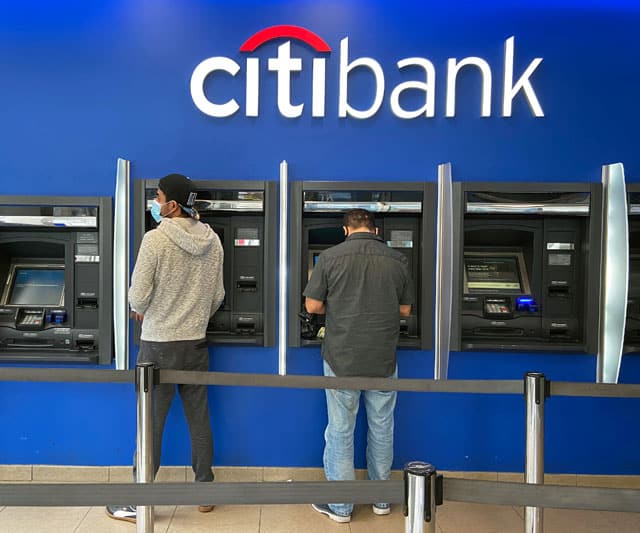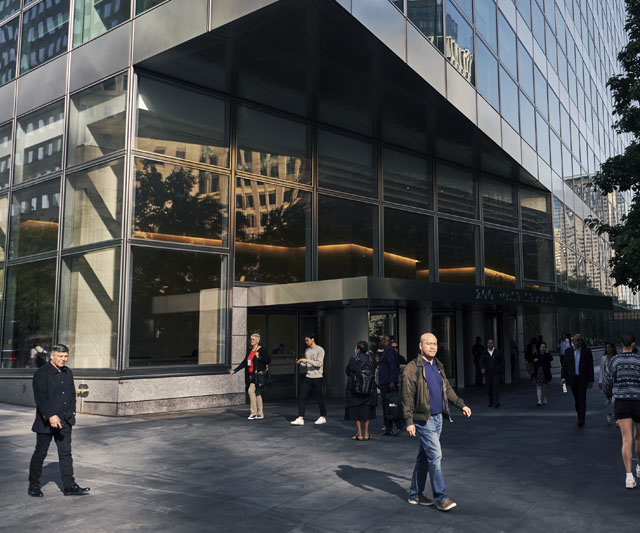A U.S. federal judge said American cities may pursue class-action claims accusing eight large banks of driving up interest rates they paid on a popular municipal bond.
U.S. District Judge Jesse Furman in Manhattan on Thursday rejected efforts by Bank of America, Barclays, Citigroup, Goldman Sachs, JPMorgan Chase, Morgan Stanley, Royal Bank of Canada and Wells Fargo to require cities to pursue claims individually, likely reducing potential recoveries.
Cities led by Baltimore, Philadelphia and San Diego accused the banks of colluding to raise rates on more than 12,000 variable-rate demand obligations (VRDOs) from 2008 to 2016.
They said this reduced available funding for hospitals, power and water supplies, schools and transportation, and likely caused billions of dollars in damages.
Once a more than $400 billion market, VRDOs are long-term bonds with short-term rates that typically reset weekly. Banks must remarket VRDOs that investors redeem at the lowest possible rates.
Cities accused the eight banks of conspiring not to compete for remarketing services, and artificially inflating rates by sharing information about bond inventories and planned rate changes.
In opposing class certification, the banks said differences among the bonds would require many thousands of individualized examinations into whether rate inflation occurred, making a single class-action lawsuit unwieldy.
But in a 33-page decision, Furman said two financial markets specialists who the cities hired as expert witnesses established that the alleged collusion could have a class-wide impact.
“Of course, it remains an open question whether, assuming plaintiffs paid supra-competitive interest, that payment was caused by defendants’ allegedly anti-competitive behavior,” Furman wrote. “Whatever the answer to this question may be, however, it is a common question.”
Barclays, Citigroup and JPMorgan declined to comment. The other banks and their lawyers did not immediately respond to requests for comment.
Dan Brockett, a lawyer for the cities, said they were gratified by the decision.
The VRDOs market shrank to $72 billion by the end of 2022, according to the Municipal Securities Rulemaking Board.
The case is Philadelphia et al v Bank of America Corp et al, U.S. District Court, Southern District of New York, No. 19-01608.
This article was provided by Reuters.







